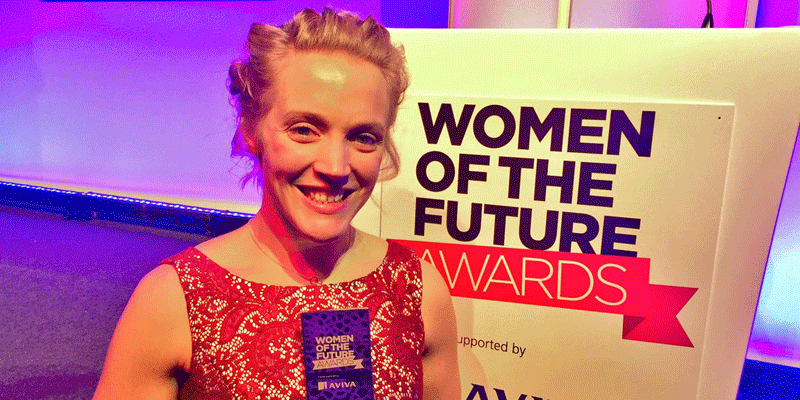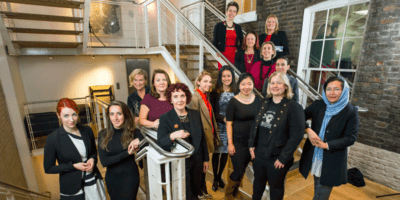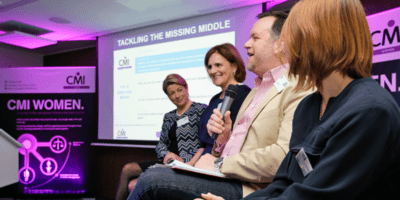Sean Tompkins has been chief executive of RICS, the world’s largest professional body covering land, property, construction and infrastructure, since September 2010. During this time, he has worked hard to evolve the RICS’ brand from a traditional, trusted UK mark of professionalism to one of international recognition, and RICS now operates out of 30 offices around the world – today over 125,000 people hold its professional qualifications. As well as advancing consistent professional standards globally, Sean is a committed champion of diversity and inclusion.
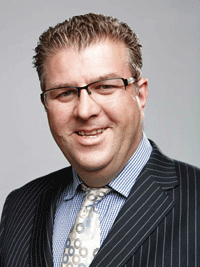
“…I took a pledge to drive gender equality in this sector and to question speaking on conference panels that are not diverse or representative. I always ask if there were going to be any female colleagues on panels, and if there aren’t if I can suggest any names…”
Becoming a champion of diversity at RICS
I have been chief executive of RICS since 2010, and prior to that I was their chief operating officer, leading a sustained programme of change, which has been a theme running through all my work to date. For me, driving change has been about evolving and advancing our public interest duties, growing sustainably, maintaining relevance to the industry and the people working within it.
Championing diversity and inclusion is a very serious business for me. The work we’re doing on the Inclusive Employer Quality Mark and on apprenticeships is about opening up the profession and industry to a whole new talent pool of people who wouldn’t have considered a career in surveying before.
How male champions can support gender equality
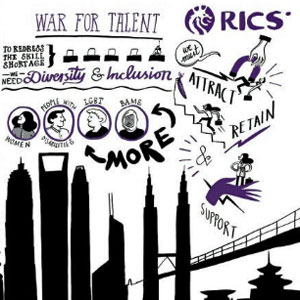
Being a male champion is about sponsoring the most talented female colleagues at all levels and helping them build networks in order to access opportunities. Male champions are also responsible for challenging – and changing – the overall work environment, the culture and addressing any behaviour that is contrary to the organisation’s values in relation to equality and diversity. As chief executive there is a need to help women across the sector to feel confident and able to put themselves forward for new opportunities and become role models in the media.
I took a pledge to drive gender equality in this sector and to question speaking on conference panels that are not diverse or representative. I always ask if there were going to be any female colleagues on panels, and if there aren’t if I can suggest any names. The same thing needs to be done with head-hunters too – if there aren’t any women on recruitment shortlists for senior roles I will always go back and query why. I encourage other men in the industry to adopt this approach too. This is how we will bring about positive change.
A more diverse workforce will keep Britain building
If the current workforce statistics don’t improve, Britain will stop building in 2019 according to RICS research Surveying the Future. This is because each year the property and construction profession welcomes (and loses) over 400,000 employees, so there is a skills gap that is significant enough to threaten the future of our industry and communities.
Employee demographics are shifting, as are stakeholder expectations and needs. There is a competitive war for talent within our own industry and within the wider world of work, so it’s important that we focus on attracting, engaging and retaining the talent so our profession is fit and relevant for the future. It’s also important we widen the pools we recruit from.
Within my own organisation, RICS, it is our job to ensure that everybody is able to reach and fulfil their full potential, so therefore also encouraging that in the profession as well, particularly for women is not only the right thing to do, but makes business sense. A recent study showed that an organisation with 30% female leaders could add up to six percentage points to its profit margin.
There are so many benefits that are demonstrated through research and economics, so there is definitely a key role for women within the built environment moving forward. Businesses today need diversity of thinking to tackle ever increasing uncertainty, create new innovations in the face of disruption and look at risk through multiple lenses.
Changing the face of the property sector through a diverse and inclusive approach
Diversity and inclusion has been a strong concern to us since 2003, when we launched a campaign called Raising the Ratio. There was a recognition, even then, that the number of women coming into the profession was inadequate. Because the market was changing (and continues to change), and the nature of our customers is changing, it is an issue that needs to be dealt with.
In 2015 the Surveying the Future campaign and report looked at the future of the profession, along with what is needed for surveying and the other professions in the built environment to be relevant for the future. To respond to that we launched the Inclusive Employer Quality Mark in June 2015, and this resulted in the first State of the Profession report being launched in 2016. We also worked with external organisations and networks to change the face of the property sector. We’re ensuring that there is a coordinated approach throughout the sector.
Supporting the Women of the Future Real Estate, Construction and Infrastructure Award
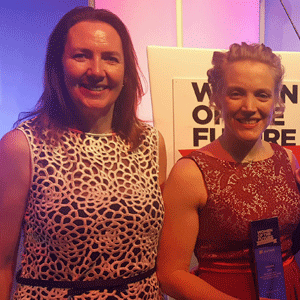
The Women of the Future Awards are a great platform for young, inspirational female professionals to showcase their talent and expertise. The shortlisted candidates were invited to the Women of the Future Awards event that took place on the 16th November in London. This was a great opportunity for them to network with professionals from within their own sectors and beyond.
The award is part of our commitment to promoting diversity across the profession and working to encourage wider social inclusion, which means more women entering the profession. Sponsoring this award is about promoting the role models of the future and highlighting that women can be highly successful in this profession.
The global challenge to recruit and retain female talent
Over the past ten years we have put in place various initiatives and we’re starting to see the results from those. Globally the number of RICS qualified female professionals is 15%, but if you add in trainees the figure becomes 20%, so there is a gradual change, bearing in mind that the UK still stands at 13% female professionals. Globally we have more women than ever entering the profession, so there is a split, but in terms of trainees we should be seeing an overall increase within the next few years.
What we’re doing with all our diversity and inclusion initiatives is to ensure that we don’t only attract the right people but we also retain them, so the 20% qualifying in the next couple of years will remain RICS qualified surveyors and go on to reach their full potential in their careers. We still have a lot to do to attract and retain the best talent from a wider range of backgrounds.
Championing female colleagues within our own global workforce
We are spearheading a number of innovative approaches to improve our own diversity and inclusivity. We used a diagnostic tool to survey all staff globally seeking feedback on areas of improvement and areas of strength. There is a very open approach to what needs to be done and everyone has the opportunity to have their say. We have also developed training for our hiring managers to spot and minimise common biases which prevent individuals from diverse and marginalised groups from obtaining employment. All of our leadership team has attended unconscious bias training, which includes championing diversity and inclusion.
I have also encouraged reverse mentoring as a means for all of us to learn, develop and grow. I am personally part of a reverse mentoring agreement with one of our female Chinese colleagues. I have learnt more than I ever thought possible.
Finally, we have launched the RICS Staff Diversity Champions Programme. We’re fostering a dialogue so staff members all around the world are championing diversity and inclusion within their own countries. We’re very excited about this!
Continuing to lead on the diversity and inclusion agenda
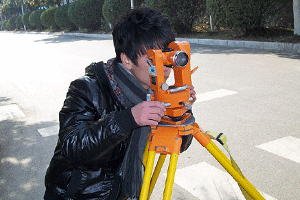
The positive news is that, over the last three years, every CEO I meet from real estate, construction and infrastructure has diversity and inclusion high on the agenda. The leaders of our major professional services firms want to see change.
https://twitter.com/ricschiefexec
https://www.facebook.com/ricssurveyors
https://www.linkedin.com/company/rics

